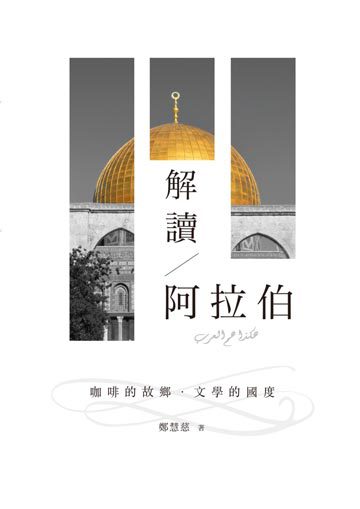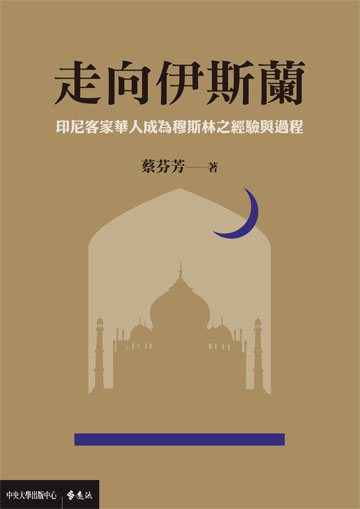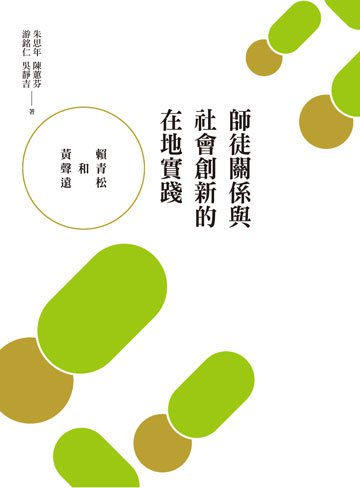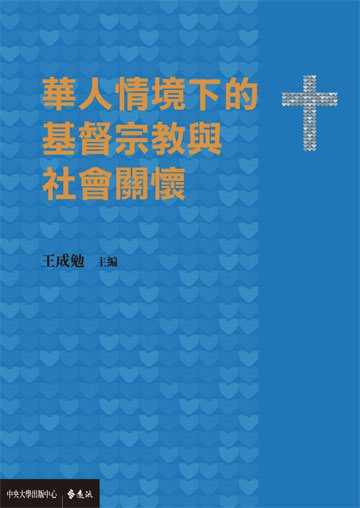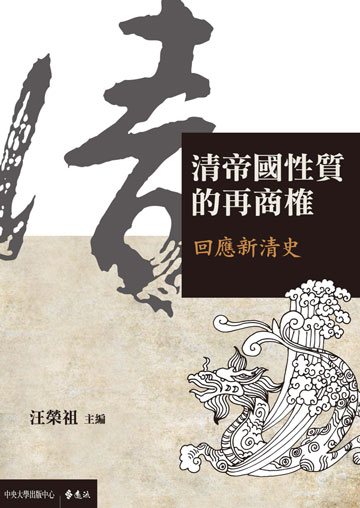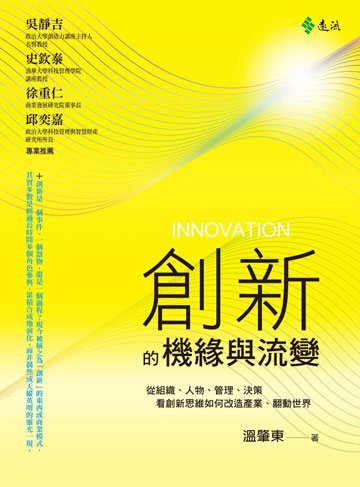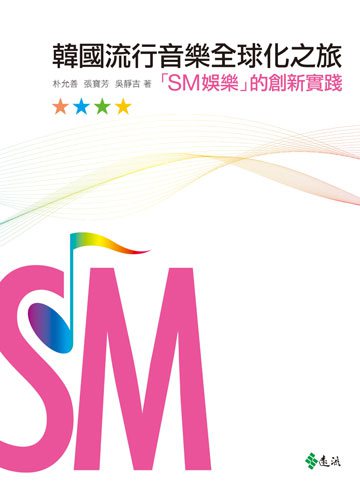
優惠活動
系列書

出版資訊
出版日期
2014-09-06
線上出版日期
2020-12-03
ISBN
9789865659011
EISBN
分級
普級
語言
繁體中文
閱讀更多

簡介
Chinese comparative literature has a great representative in the contemporary scholar and writer Qian Zhongshu (1910-1998). His comparative method defies every categorisation and his extensive use of quotations in seven languages-the main characteristic of his style-creates a collage of literary motifs and genres that constitutes a fertile field for analysis to grasp the general principles of world literature.
Italian quotations and the influence of Italian literature on the comparative method of Qian Zhongshu are the main concern of this analysis, and are a topic never before dealt with in mainland and overseas Qian Xue studies.
The study outlines the threads that move Qian Zhongshu in the choice of authors and works that constitute, in quotation, the core of his method and answers questions on the necessity of such a consistent use of quotations and on the role that foreign literatures, with a focus on the Italian one, have in the definition of a comparative method that seems to be all-inclusive and difficult to grasp.
To seize an understanding of the principles that lead global literatures in an enhancement of mutual comprehension between countries and peoples seems a desirable yet unrealistic goal: Qian Zhongshu, through his use of quotations to establish a dialogue between different historical epochs and distant spatial settings, wants to demonstrates that this desire is attainable.
Italian quotations and the influence of Italian literature on the comparative method of Qian Zhongshu are the main concern of this analysis, and are a topic never before dealt with in mainland and overseas Qian Xue studies.
The study outlines the threads that move Qian Zhongshu in the choice of authors and works that constitute, in quotation, the core of his method and answers questions on the necessity of such a consistent use of quotations and on the role that foreign literatures, with a focus on the Italian one, have in the definition of a comparative method that seems to be all-inclusive and difficult to grasp.
To seize an understanding of the principles that lead global literatures in an enhancement of mutual comprehension between countries and peoples seems a desirable yet unrealistic goal: Qian Zhongshu, through his use of quotations to establish a dialogue between different historical epochs and distant spatial settings, wants to demonstrates that this desire is attainable.
閱讀更多

作者
Tiziana Lioi received her BA and Ph.D. from the University of Rome "Sapienza" and is now adjunct professor of Chinese language and culture. She has devoted her PhD research to the study of the influence of Italian literature on Qian Zhongshu`s comparative literature method and is the sole translator of Qian Zhongshu`s works in Italian. Her first book, "Uomini Bestie Demoni" is the translated version of "Ren Shou Gui", collection of stories by Qian Zhongshu that outlines with a sharp eye Chinese society during the first half of 20th century. She has been living in China, in Nanjing first and later on in Beijing, to get herself constantly involved in Chinese society and cultural life and strengthen her link with China and its people.
閱讀更多

目錄
Acknowledgments
Introduction
Scope and purpose of the study
Organisation of the work
Limitations of the study
CHAPTER 1
Qian Zhongshu and comparative literature
CHAPTER 2
"It is commonly said that human life is a big book"
2.1 1910-1935 From Wuxi to Beijing
2.2 1935-1938 Years abroad
2.3 1939-1949 From Shanghai to Beijing
2.4 The essays: Xie Zai Rensheng Bianshang
2.5 Long and short stories: Ren Shou Gui and Wei Cheng
2.6 Discourses on Art: Tan Yi Lu
2.7 1949-1969 Years in Beijing
2.8 The poetic side: Songshi Xuanzhu
2.9 1969-1972 Years "down-under"
2.10 1972-1998 Return to Beijing
2.11 The masterpiece: Guan Zhui Bian
2.12 Final Years
CHAPTER 3
Tracing the roots of Qian Zhongshu`s method: a long time legacy
3.1 The Rong`an Guan Zhaji
CHAPTER 4
Writing marginalia on the book of human life: the use of quotations in the comparative method of Qian Zhongshu
4.1 Comparing through quotations
4.2 Quoting as a mode of original elaboration
4.3 Quoting as a debate among sages of the past
4.4 Juxtaposition in quotations: "datong" and striking combinations
4.5 Quotations as a looking glass
4.6 Quotations as proof of truth: unveiling mistakes
4.7 In others` words
CHAPTER 5
Italian quotations in Qian Zhongshu`s works: a mutual illumination
5.1 From Dante to Leopardi: past theories into the present
5.1.1 Dante
5.1.2 Petrarca
5.1.3 Italian tales: Sacchetti, Basile, Bandello, Boccaccio.
5.1.4 Epic poetry in literary criticism: Ariosto, Tasso, Boiardo
5.1.5 Renaissance men: Leonardo, Lorenzo De Medici
5.1.6 Marinisti: Italian Baroque poetry
5.1.7 Historians and philosophers between Renaissance and Baroque: Machiavelli, Guicciardini, Bruno, Campanella, Castiglione.
5.1.8 The light of reason: Vico, Muratori, Beccaria, Verri.
5.1.9 Leopardi, Manzoni and 19th century poetry and novels
5.2 From Pascoli to Eco: present ideas to shed light on the past
5.2.1 Giovanni Pascoli
5.2.2 Literary critics in the essays: Croce, De Sanctis, Provenzal
5.2.3 20th Century Poetry and Novel
CHAPTER 6
Conclusions
6.1 Language
6.2 Historical Periods
6.3 Authors and quotations
6.4 Quotations that stand the test of time
6.5 Becoming a field of study: Qian Xue 錢學
6.6 One hundred years of Qian Zhongshu
Appendix 1: Brief outline of Western comparative studies
Appendix 2: Brief outline of comparative literature studies in China
Index of Italian autors
References
Introduction
Scope and purpose of the study
Organisation of the work
Limitations of the study
CHAPTER 1
Qian Zhongshu and comparative literature
CHAPTER 2
"It is commonly said that human life is a big book"
2.1 1910-1935 From Wuxi to Beijing
2.2 1935-1938 Years abroad
2.3 1939-1949 From Shanghai to Beijing
2.4 The essays: Xie Zai Rensheng Bianshang
2.5 Long and short stories: Ren Shou Gui and Wei Cheng
2.6 Discourses on Art: Tan Yi Lu
2.7 1949-1969 Years in Beijing
2.8 The poetic side: Songshi Xuanzhu
2.9 1969-1972 Years "down-under"
2.10 1972-1998 Return to Beijing
2.11 The masterpiece: Guan Zhui Bian
2.12 Final Years
CHAPTER 3
Tracing the roots of Qian Zhongshu`s method: a long time legacy
3.1 The Rong`an Guan Zhaji
CHAPTER 4
Writing marginalia on the book of human life: the use of quotations in the comparative method of Qian Zhongshu
4.1 Comparing through quotations
4.2 Quoting as a mode of original elaboration
4.3 Quoting as a debate among sages of the past
4.4 Juxtaposition in quotations: "datong" and striking combinations
4.5 Quotations as a looking glass
4.6 Quotations as proof of truth: unveiling mistakes
4.7 In others` words
CHAPTER 5
Italian quotations in Qian Zhongshu`s works: a mutual illumination
5.1 From Dante to Leopardi: past theories into the present
5.1.1 Dante
5.1.2 Petrarca
5.1.3 Italian tales: Sacchetti, Basile, Bandello, Boccaccio.
5.1.4 Epic poetry in literary criticism: Ariosto, Tasso, Boiardo
5.1.5 Renaissance men: Leonardo, Lorenzo De Medici
5.1.6 Marinisti: Italian Baroque poetry
5.1.7 Historians and philosophers between Renaissance and Baroque: Machiavelli, Guicciardini, Bruno, Campanella, Castiglione.
5.1.8 The light of reason: Vico, Muratori, Beccaria, Verri.
5.1.9 Leopardi, Manzoni and 19th century poetry and novels
5.2 From Pascoli to Eco: present ideas to shed light on the past
5.2.1 Giovanni Pascoli
5.2.2 Literary critics in the essays: Croce, De Sanctis, Provenzal
5.2.3 20th Century Poetry and Novel
CHAPTER 6
Conclusions
6.1 Language
6.2 Historical Periods
6.3 Authors and quotations
6.4 Quotations that stand the test of time
6.5 Becoming a field of study: Qian Xue 錢學
6.6 One hundred years of Qian Zhongshu
Appendix 1: Brief outline of Western comparative studies
Appendix 2: Brief outline of comparative literature studies in China
Index of Italian autors
References
閱讀更多









